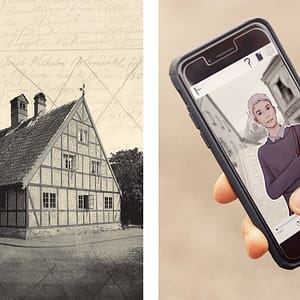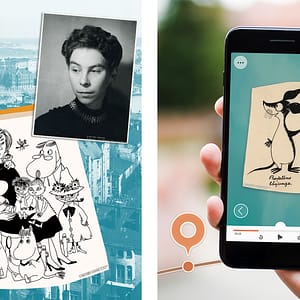Read this in — English
This tour is not available in Deutsch
79 kr
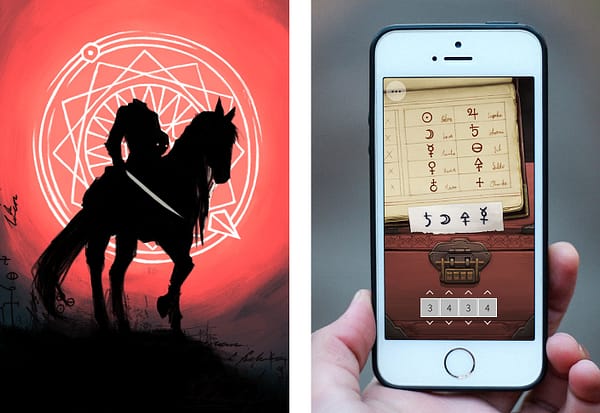
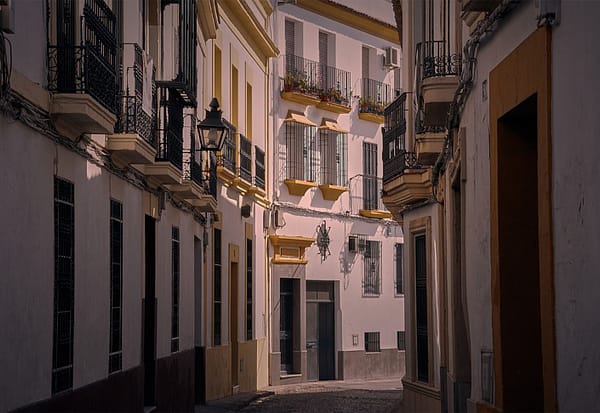


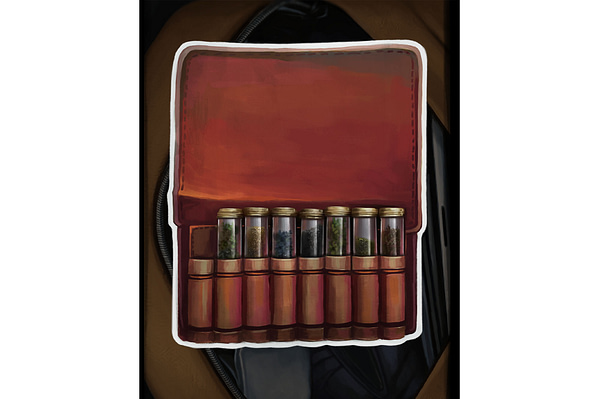
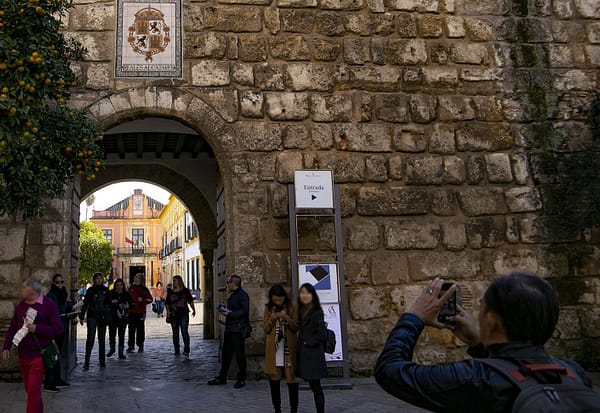

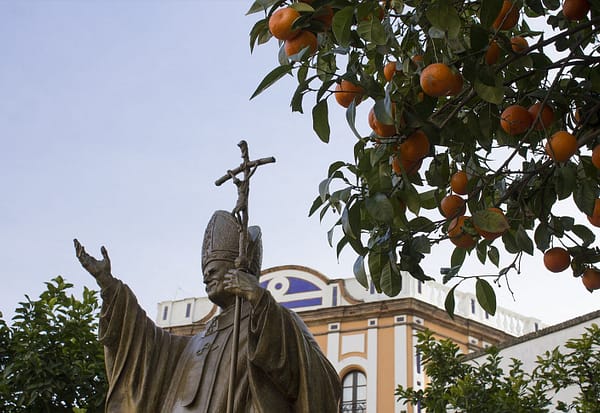

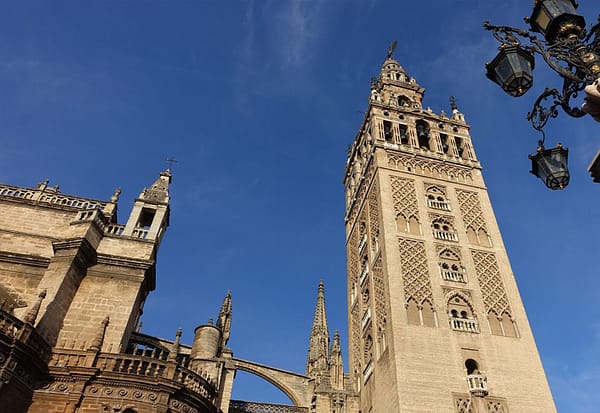










Read this in — English
This tour is not available in Deutsch
Read this in — English
This tour is not available in Deutsch
You are now in the Plaza Nueva square. The man on horseback is King Ferdinand III, who reigned over this area in the early 1200’s. Ferdinand was canonised in 1671 by Pope Clement X.
This alley, which translates to “Pheasants alley”, was used to store coffins for the prisoners that were about to be executed at the San Francisco plaza during the inquisition.
You are in the Casco Antiguo district, the Old Town area of Seville. Across the street you can see Seville’s oldest restaurant; Antigua Taberna de Las Escobas, founded in 1386.
You are now inside the Alcázar palace walls. The palace dates back to the 10th century, and this courtyard is where the horses and carriages visiting the palace arrived.
Plaza de la Alianza was named after an important historic event; when the alliance treaty between the catholic monarchs and the Sevillian nobles was signed in 1491.
Washington Irving, who wrote The Legend of Sleepy Hollow about Ichabod Crane’s encounter with the Headless Horseman, came to Seville in the 1820’s and lived in this building for a year.
The Altamira palace was built in the 15th century by nobleman Diego López de Zúñiga. It was home for noble families for hundreds of years, and was extensively rehabilitated in the 1990’s.
These three columns are believed to have been part of a Roman temple, dating back to when Seville was under Roman rule and known as Hispalis, about 2000 years ago.
The San Isidoro church is placed on one of the highest locations in Seville, where archeologists have found evidence of early settlements. The church was built in the 14:th century.
Look up to see a bust of King Pedro I. It’s said it was placed there after the king killed a knight in a duel, and the knight’s family demanded the killer’s head to be mounted on the wall.
This area was home to the forum in Roman times, and Plaza de la Alfalfa itself hosted a silk market during the Moorish period, and then a series of food markets until the 1850s.


